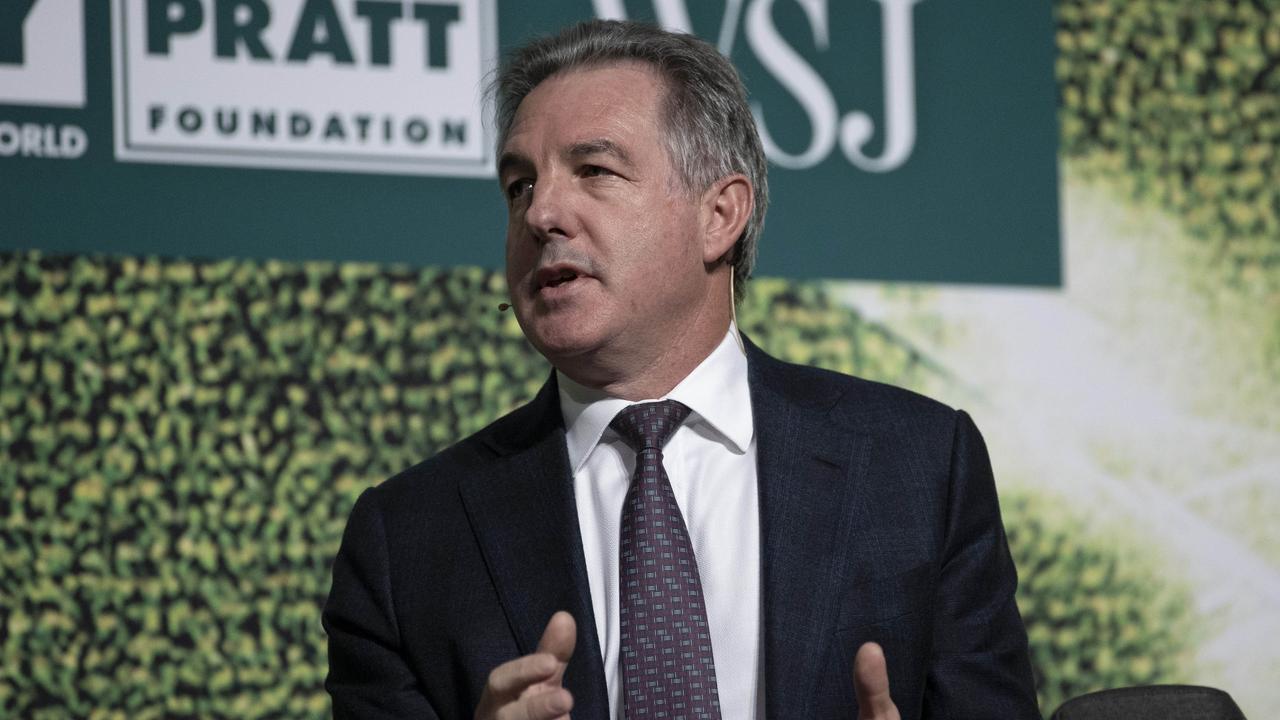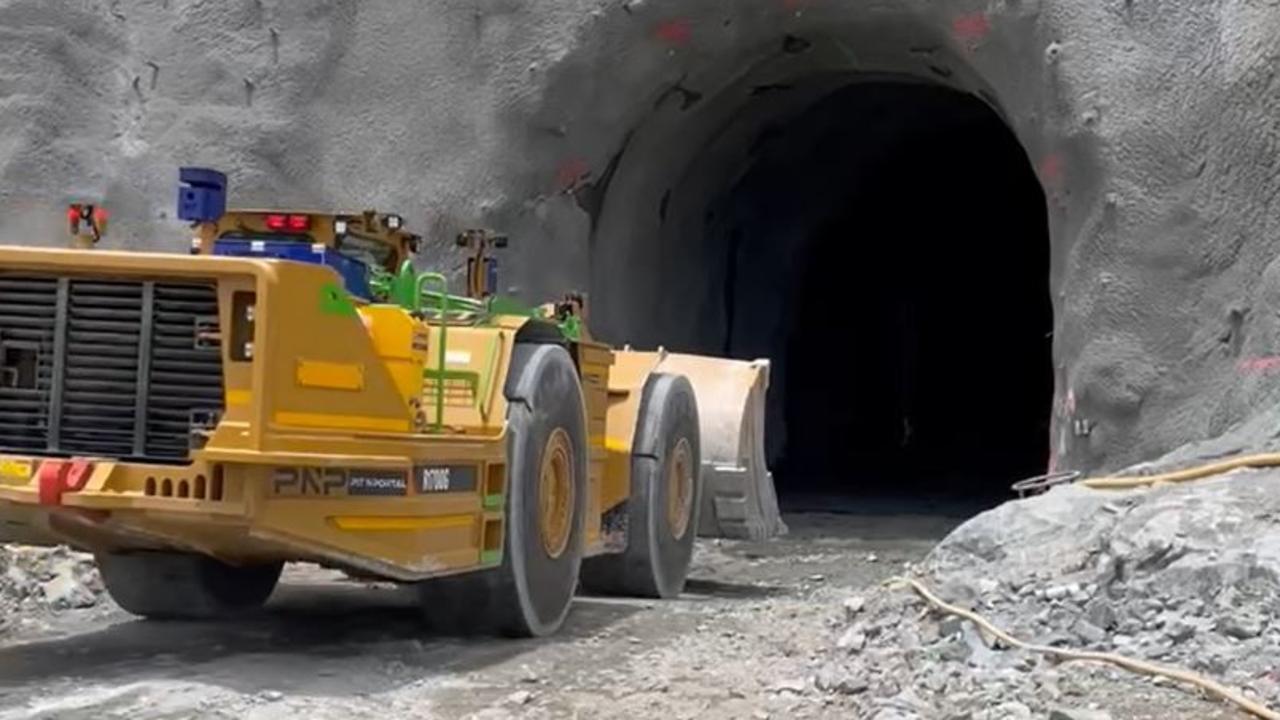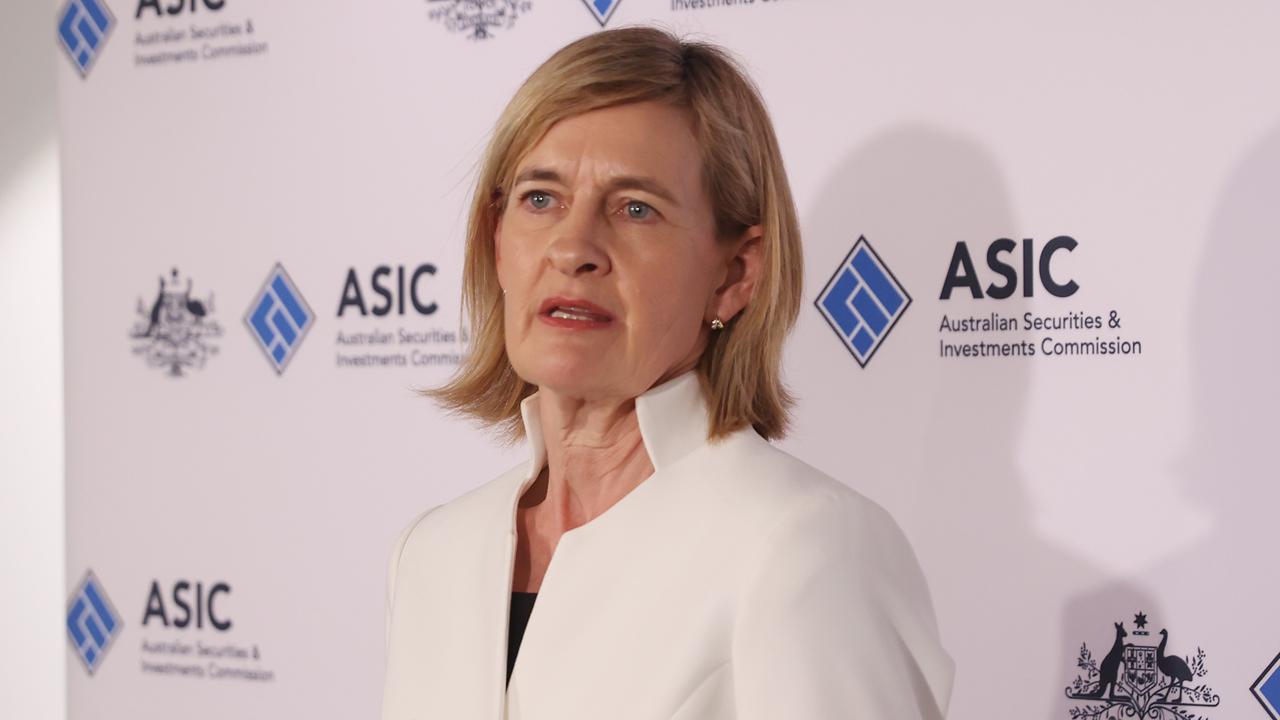Businesses sift through a mixed bag in search of support
Money to upskill local manufacturing and an increase on the skilled migration cap are two measures aimed at business owners facing skill shortages, inflation and global challenges.
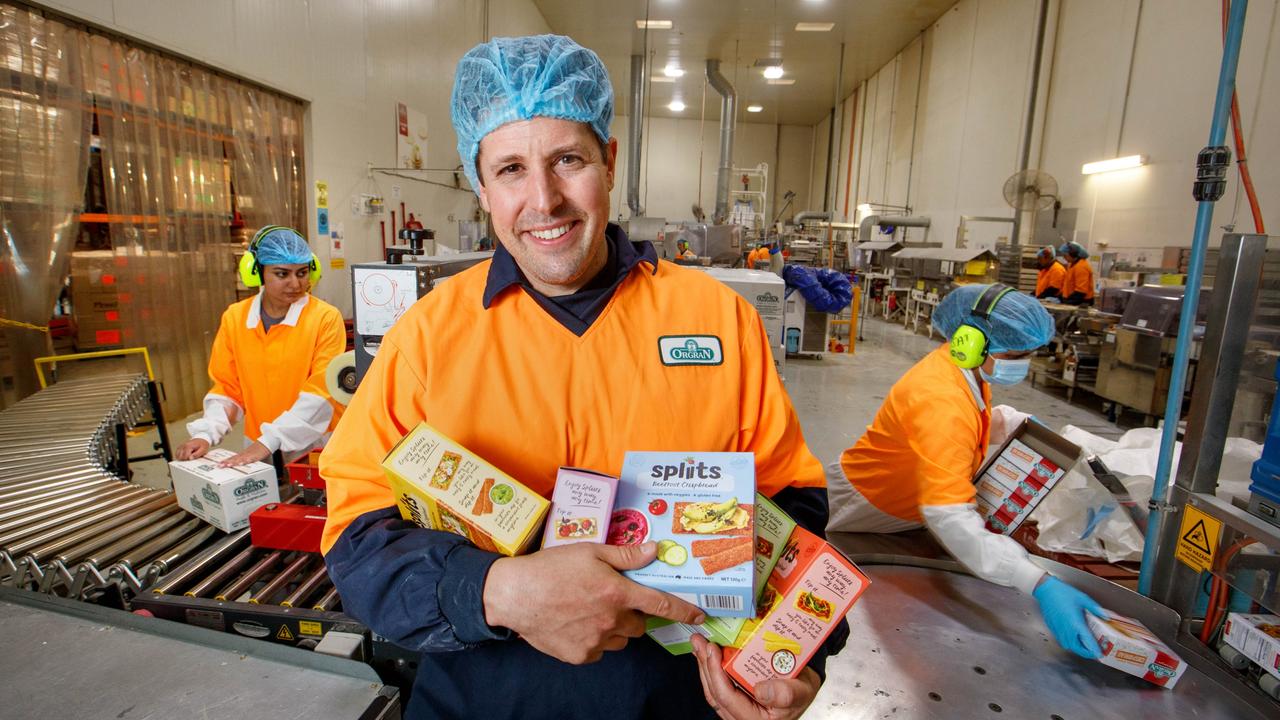
Business
Don't miss out on the headlines from Business. Followed categories will be added to My News.
So what’s in it for me and my workforce? That was the question thousands of businesses were asking as they awaited Labor’s first budget in almost a decade.
Faced with big skills shortages, high inflation and global uncertainty, company bosses hoped Treasurer Jim Chalmers would chart a path through the extraordinary combination of challenges.
For Roma Food Products chief executive Sam Schachna, Mr Chalmers’ first budget after nine years of the Coalition should have included incentives to sandbag the local manufacturing sector.
“For us as a nation to promote ourselves as a natural food bowl, we need to start focusing on our own backyard,” he said.
“What we need to do as a country and to thrive as a local industry, we need to compete where local is a competitive advantage, and that is about investing in skills and infrastructure to improve efficiency and innovation.”
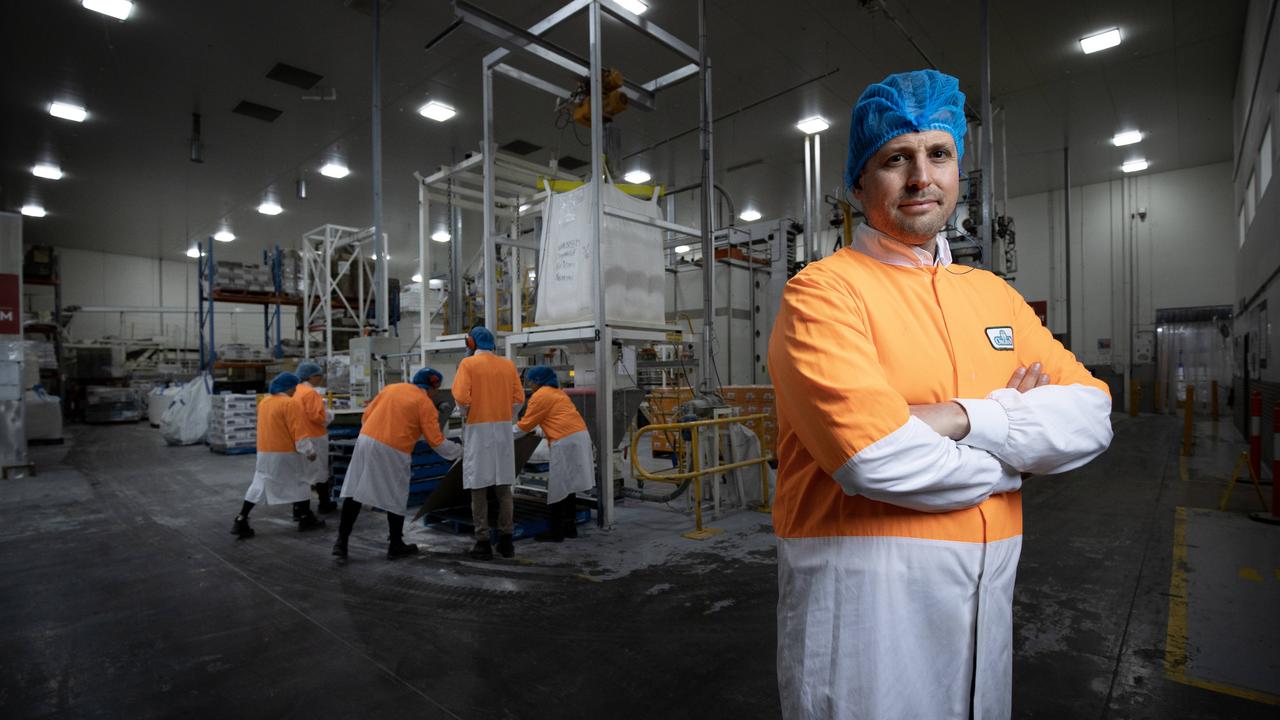
There were few headline announcements to ease the business nerves – but Mr Chalmers has moved to address persistent skills shortage created by low unemployment and pandemic-era restrictions.
The permanent migration program cap will be increased from 160,000 to 195,000 and there will be more funding to encourage enrolment in TAFE, along with other skills initiatives.
Work restrictions for student visa holders and secondary training visa holders will also be relaxed until June 30, 2023.
Mr Chalmers’ budget also delivers $135.5m over four years to support Australian industry to develop domestic manufacturing capabilities and upskill the manufacturing sector workforce.
Funding includes $113.6m over four years to help businesses in regional areas secure and support new jobs and strengthen domestic manufacturing capabilities.
However, the government will save $303.7m by scrapping the Coalition’s modern manufacturing strategy and not proceeding with the third round of the Manufacturing Modernisation Fund.
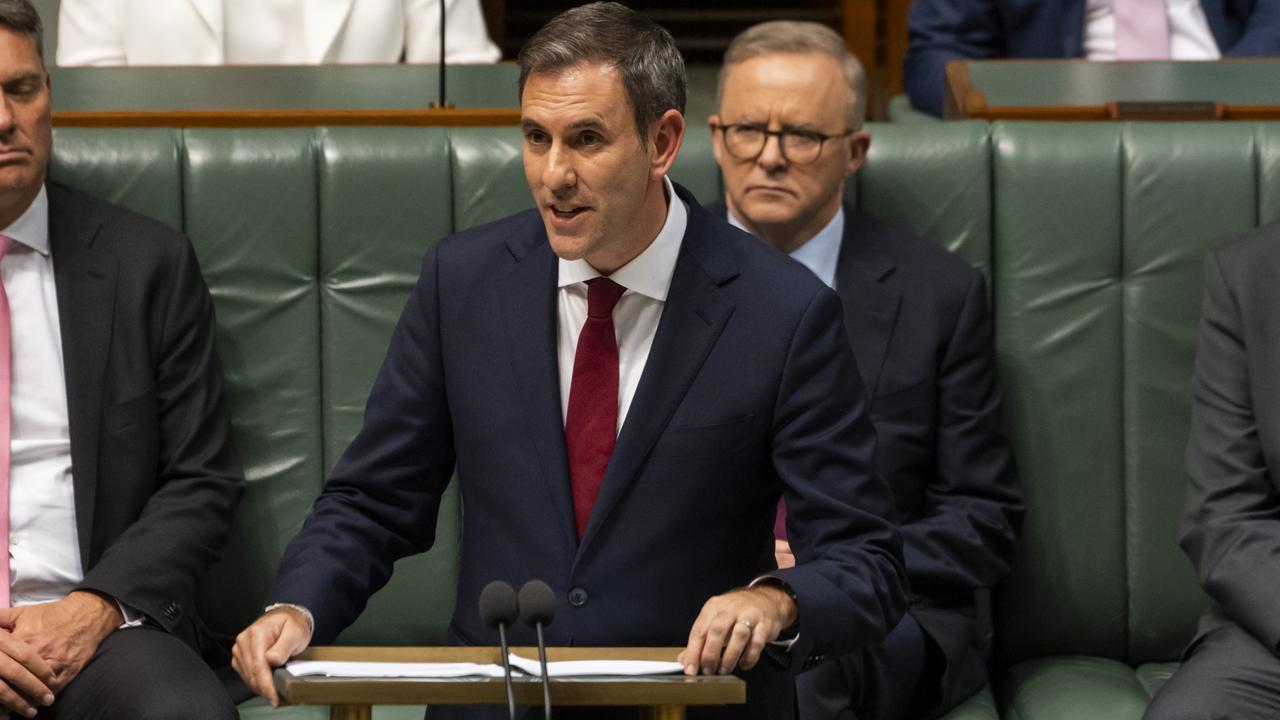
The government says cash will be used to help fund its election commitments, including the establishment of the $15bn National Reconstruction Fund.
“We welcome the announcement of the National Reconstruction Fund and hope that the food manufacturing sector gets its fair share of the pie. It is critical that government and industry work together to strengthen our sovereign food manufacturing capacity,” said Mr Schachna.
There are few details about how the reconstruction fund will operate, with the government allocating $50m over two years for its establishment. Budget papers note the fund will generate revenue from investments.
Over seven years the $15bn fund will target co-investments in resources, agriculture, forestry and fisheries, transport, medical science, defence capability, renewables and low emission technologies.
By the turn of the decade the manufacturing sector is tipped to be valued at $250bn. But Mr Schachna believes that can only occur with investment in educating and retaining employees. “We need a workforce and skills and what we’ve seen from the government from the jobs summit is positive and we need to translate that to actions on the ground,” he said, adding he welcomed the government’s skills package.
More Coverage
Originally published as Businesses sift through a mixed bag in search of support





